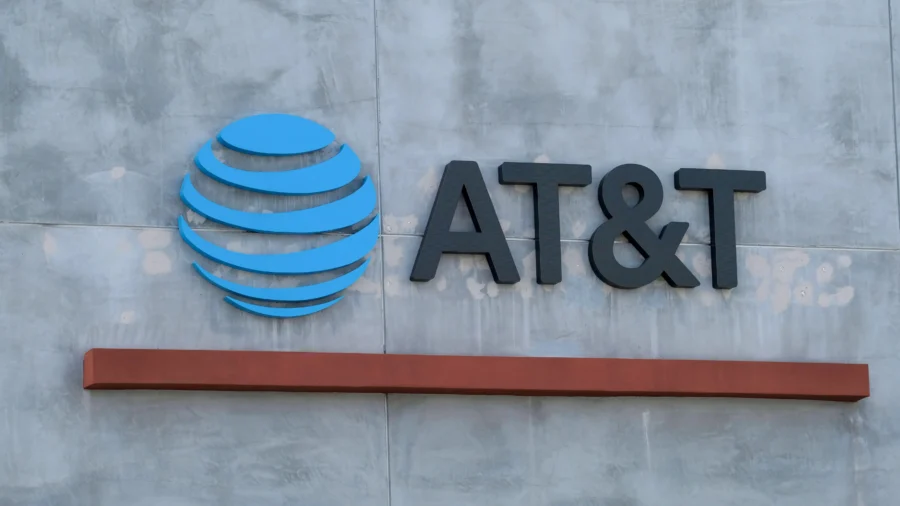Telecommunications company AT&T has said that the recent U.S. cellphone network outage was not caused by a malicious cyberattack. Instead, the company confirmed that the outage which knocked out service for tens of thousands of cellphone users for several hours, was likely due to a technical error.
The outage started in the morning of Feb. 22, which the company blamed on a coding error. To date, AT&T provided no further information on the incident.
“Based on our initial review, we believe that today’s outage was caused by the application and execution of an incorrect process used as we were expanding our network, not a cyber attack,” the Dallas-based company said.
Over 70,000 incidents were reported after the outage began at around 3:30 a.m. ET, according to outage tracker Downdetector. AT&T reported close to 60,000 outages around noon ET, across multiple locations nationwide, including Houston, Atlanta, and Chicago.
With close to a quarter of a million subscribers, the telecommunications provider is the largest in the country and the fourth-largest worldwide.
The outage, which prompted warnings from emergency services throughout the day, was largely resolved by 9 p.m. ET, with less than 1,000 reports on AT&T’s network. Several other companies reportedly offered advice during the outage on how to bypass the issue.
Cricket Wireless, a subsidiary of AT&T, at one stage reported close to 10,000 outages, but these had also tailed off by late afternoon.
Other network providers, such as Verizon and T-Mobile reported similar issues, although the companies identified these as likely being the result of customers trying to connect to AT&T users.
Some iPhone users reported SOS messages displayed in their cellphone status bars, indicating a connectivity issue with their cellular provider’s network. Apple Support, however, stated that emergency calls could still be made through other carrier networks.
The outage prompted a response from several agencies, including the Federal Communications Commission, the Department of Homeland Security (DHS), as well as the FBI, who then contacted AT&T about the situation, according to National Security Council spokesman John Kirby.
The FBI confirmed it had been in contact with AT&T and said the agency would “respond accordingly” in the event of any malicious activity.
Concerns about the outage were also raised on Capitol Hill.
“We are working to assess today’s disruption in order to gain a complete understanding of what went wrong and what can be done to prevent future incidents like this from occurring,” according to a statement issued by Cathy McMorris Rodgers, a Washington Republican who chairs the House Energy and Commerce Committee, and Ohio Republican Bob Latta, chair of the Communications and Technology Subcommittee.
There has been speculation that the outage could have resulted from two strong solar flares which peaked at 6:07 p.m. EST on Feb. 21 and at 1:32 a.m. EST on Feb. 22, respectively.
According to the National Oceanic and Atmospheric Administration‘s (NOAA) Space Weather Prediction Center (SWPC), solar flares can affect communication systems, as well as radar, and the Global Positioning System, depending on their intensity and associated factors.
The administration deemed it highly unlikely that these flares contributed to the outage, however, did not fully rule out the possibility.
“NOAA and SWPC will continue to monitor the solar and near-Earth space environment for potential impacts to critical infrastructure and essential services, according to SWPC’s website.
The Associated Press contributed to this article.


